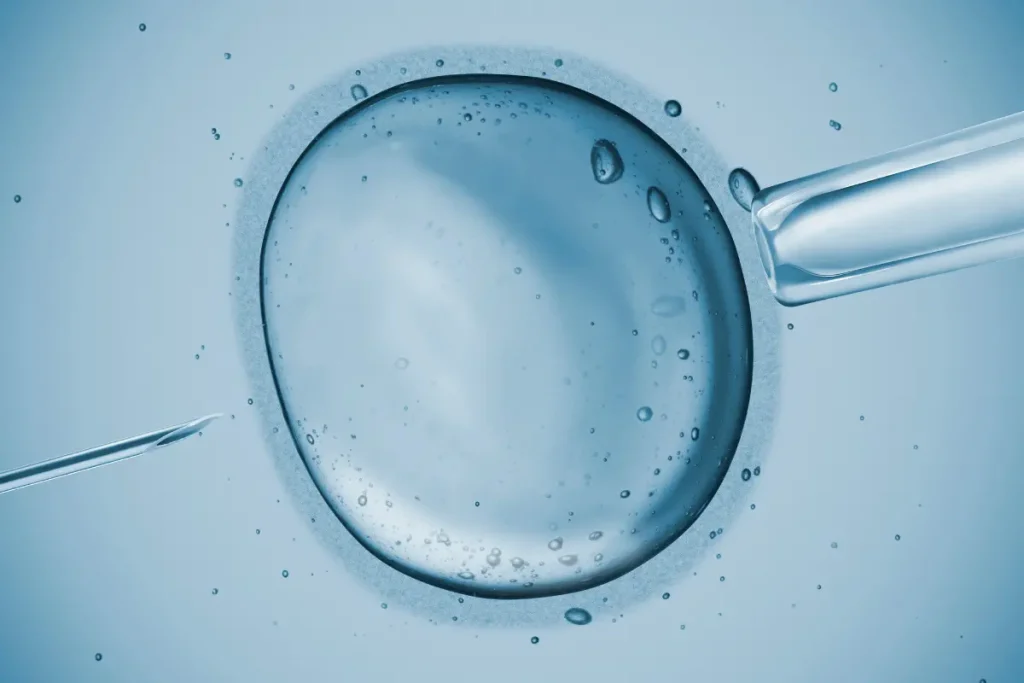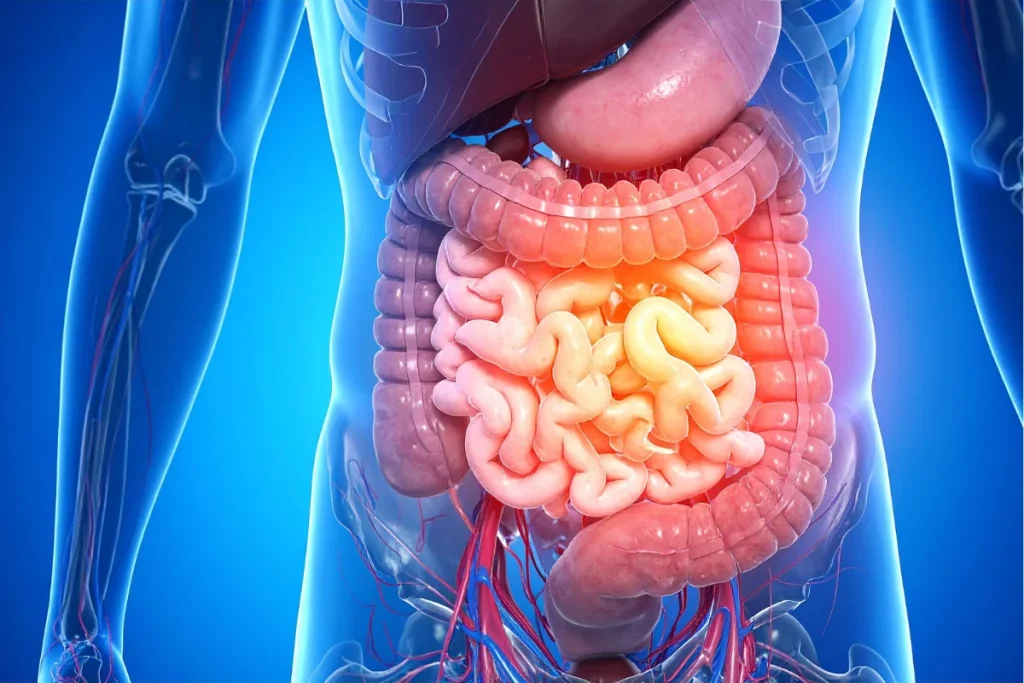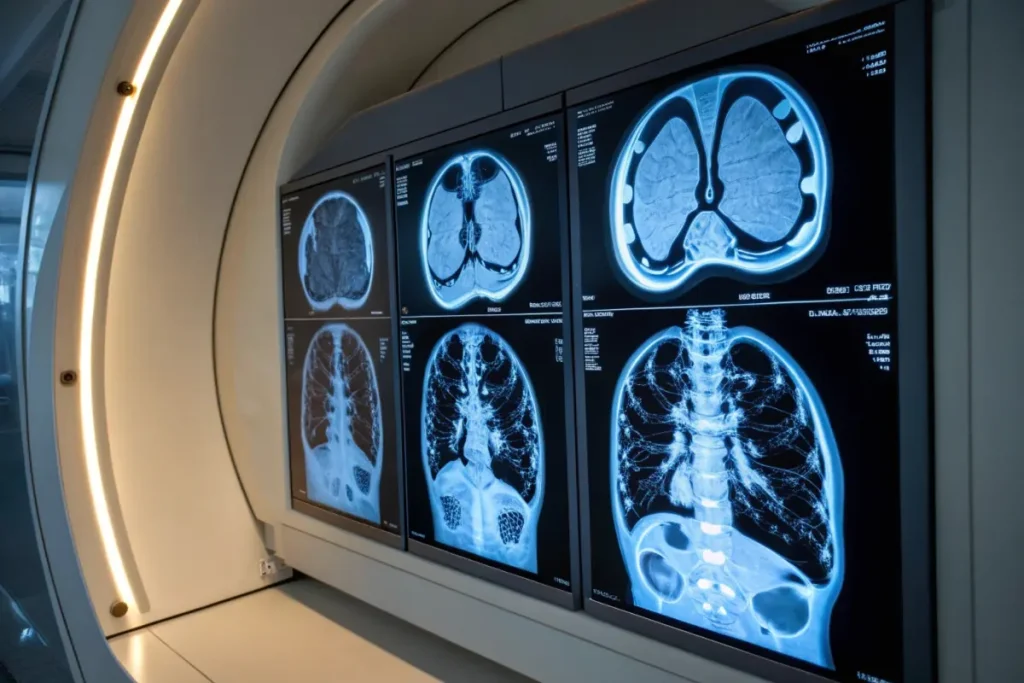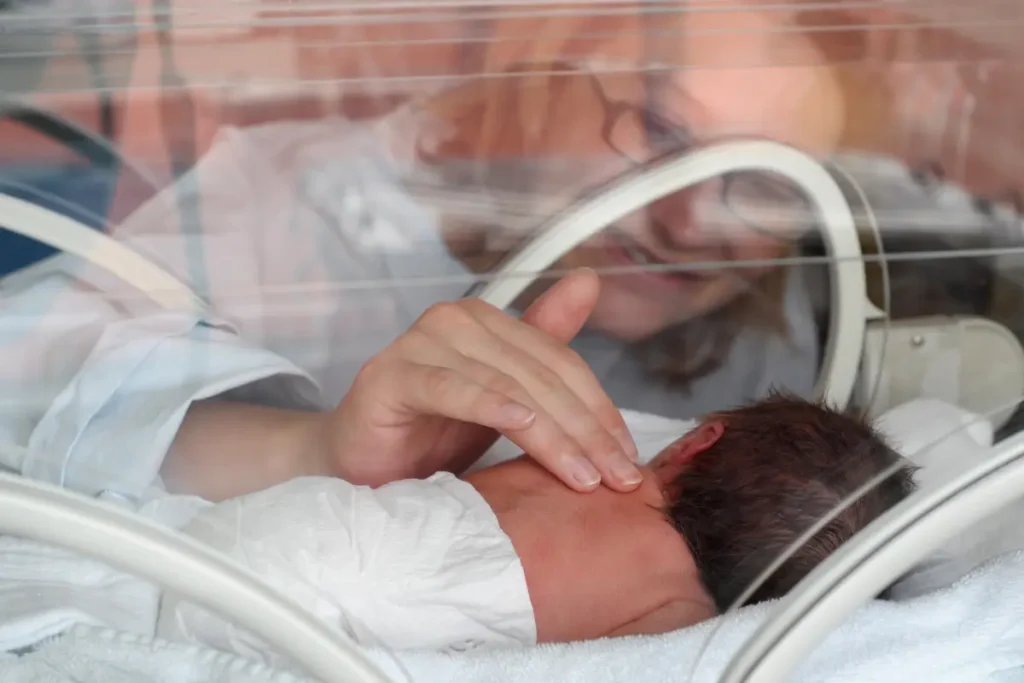ROUNDTABLES
Roundtables are open dialogues that take place between the speakers and the audience, regarding various thought-provoking topics, which we consider a great opportunity for our participants to enlarge their scientific horizons.
Open minds, open dialogue, shared perspectives.
Open minds, open dialogue, shared perspectives.
Open minds, open dialogue, shared perspectives.
Open minds, open dialogue, shared perspectives.
Open minds, open dialogue, shared perspectives.
Open minds, open dialogue, shared perspectives.

We all recognize that cosmetic procedures have become a rapidly growing trend, one that can escalate quickly from occasional enhancements to repeated interventions. With so many beauty standards, how can we tell when cosmetic surgery is a genuine expression of personal freedom and when it’s driven by insecurity?
Plastic surgery can do wonders: boosting confidence, improving physical comfort, and helping people feel more aligned with their self-image. Essentially, it has the power to truly transform your life for the better. However, what do you do when the pursuit of change shifts from healthy improvement to harmful obsession? And more importantly, can insecurity truly be healed through surgery, or does it require deeper emotional and psychological support?
Under the guidance of Elena Martin, MD, PhD, Alexandra Popa, MD, and Gabriel Diaconu, MD, PhD, this discussion will explore the medical, ethical, and psychological dimensions of aesthetic interventions and body image. It is important to acknowledge the responsibility plastic surgeons, psychiatrists, and psychologists have in protecting patients from going too far. Healing has to happen internally as well, no external change can truly resolve deep-rooted insecurities without emotional and psychological support.

Medicine moves forward through new ideas and bold experiments, but every step of progress raises questions about safety and fairness. What experimental treatments have changed the rules of medicine and which failures have taught us important lessons? Is it right for one person to take personal risks for the possible benefit of others? And can we build a system of innovation that is quick, safe and fair for everyone?
Join Asst. Lect. Sebastian Isac, MD, PhD, and Olimpia Simona Dima, MD, PhD, in a talk about finding the balance between scientific progress, ethics and human experience.

More and more couples are affected by a worldwide problem: infertility. However, the cause of this condition is not known. Some people may think the mother is responsible for causing such a serious challenge between partners, even though recent studies oppose this speculation.
This roundtable will offer a comprehensive look at infertility, focusing on a variety of subjects, from the main contributing factors to how it impacts the identity and mental health of both women and men. The debate will also address the cultural pressure surrounding infertility and highlight the importance of medical investigations for both partners in their journey towards treatment.
These topics will be explored by Asst. Lect. Ileana Delia Săbău, MD, PhD, medical genetics specialist, Corina Georgescu, MD, gynecologist and Andrei Rădulescu, MD, urologist. Prepare yourself to find out new crucial information because our guests will bring to the spotlight this major controversy.

Behind every sculpted physique lies an extraordinary level of discipline, sacrifice, and physiological adaptation. Bodybuilding is not merely a sport, it is an experiment on the limits of human metabolism. Through intense and prolonged training, the body undergoes continuous cycles of anabolism and catabolism. Yet a critical question arises: where does physiological anabolism end and pathological catabolism begin?
Together with Snr. Lect. Ileana Peride, MD, PhD, Asst. Lect. Alina-Maria Smaranda, MD, PhD, and Cristian Băltărețu, BSc, we will discuss the fascinating interplay between discipline, metabolism, and mental drive that defines the world of bodybuilding.
To sustain muscle growth, bodybuilders often rely on strict dietary regimens rich in proteins and supplements. Many also turn to anabolic steroids, concentrated protein powders, and even diuretics to achieve rapid definition. However, these substances can place a severe burden on the kidneys, liver, and endocrine system, raising concerns about long-term metabolic damage. Some researchers even question whether the so-called “bodybuilder’s kidney” might represent a new clinical entity resulting from chronic strain and substance use.
Beyond the physical dimension, bodybuilding reflects a deep psychological dynamic. Motivation, self-image, and social pressure intertwine, often leading to extreme behaviors such as restrictive dieting, overtraining, or substance abuse. In the relentless pursuit of perfection, the line between health and harm becomes dangerously thin, revealing that behind every ideal body lies a complex balance between biology, psychology, and ambition.

What seems to be a normality nowadays, can quickly turn into a crisis for some patients. Pregnancies are prone to develop abnormalities and when these circumstances occur, it’s important to acknowledge what to do.
Choosing between the life of a mother and her child is one of the most difficult situations a medical team can face. In these circumstances, the decision no longer belongs to the patient and doctors have to act quickly.
When medicine, ethics and law pull in different directions, it becomes hard to define what “doing the right thing” means. Saving a life comes at a high cost, especially when there is no consent or easy solution.
If you want to have a better understanding on how such decisions are made in real-life cases, then don’t hesitate to join Assoc. Prof. Mihai Popescu, MD, PhD, DESAIC specialised in anesthesiology and intensive care, Assoc. Prof. Romina-Marina Sima, MD, PhD, specialised in obstetrics and gynecology and Snr. Lect. Filip Perde, MD, PhD, specialised in forensic medicine. You will have the opportunity to participate in a heated debate, sharing and observing different points of views.

New research suggests that neurodegenerative diseases like Parkinson’s may begin long before motor symptoms appear, possibly in the gut. Imbalances in the intestinal microbiome and chronic inflammation in the digestive tract could play a key role in triggering these disorders.
But how many cases actually begin this way? And could targeted therapies that restore gut health reduce that risk? Is it possible to prevent the onset of certain brain disorders simply by keeping the digestive system in check?
These questions have no easy answers, but if you’re looking for clarity, come and hear directly from the experts. Liviu Cozma, MD, PhD, neurologist, Snr. Lect. Daniela Tălăpan, MD, PhD, microbiologist, and Asst. Lect. Mara-Ioana Ionescu, MD, PhD, gastroenterologist, will elaborate the powerful connection between the gut and the brain, and how this relationship might reshape the future of neurodegenerative disease prevention.

Colorectal liver metastases represent one of the most challenging scenarios in modern oncology, where timing and strategy can make the difference between prolonged survival and missed opportunities. Should surgery be the first step, should systemic therapy take precedence, or is there a role for ablation as a primary approach?
At this roundtable, you will have the chance to explore the ideal therapeutic sequences and the most advanced minimally invasive techniques available today. From classical resection to laparoscopic surgery and radioablation, the debate will focus on the advantages, limitations, and long-term outcomes of each option.
Another critical topic will be the place of interventional radiology: is it a curative alternative or just a compromise when other methods are not possible? The discussion will balance evidence-based medicine with patient-specific considerations.
Join Prof. Lucian Negreanu, MD, PhD, specialised in gastroenterology, Assoc. Prof. Valentin Calu, MD, PhD, general surgeon, Asst. Lect. Ana Maria Popa, MD, PhD, specialised in oncology and Assoc. Prof. Cristian-Mugur Grasu, MD, PhD, expert in interventional radiology, for an insightful exchange on how to manage these complex, life-defining decisions.

How does the enteric nervous system communicate with the central nervous system through inflammatory mediators? Can anti-inflammatory diets, such as the Mediterranean or DASH diet, help prevent neuropsychiatric disorders? What practical tools do we have, or still need, to properly assess the gut-brain axis in clinical settings? And could depression actually be an inflammatory disease with origins in the gut?
These fascinating questions will be explored by Prof. Lucian Negreanu, MD, PhD and Prof. Bogdan Ovidiu Popescu, MD, PhD, in a discussion on how inflammation, nutrition and neuroscience come together to shape our understanding of mental and physical health.

Have you ever wondered what drives a serial killer to act the way they do? Are they born with a dark predisposition or are they shaped by their environment? The classic debate of nature versus nurture raises difficult questions.
Could someone truly be born to kill? Some research suggests a biological tendency to violence, meaning certain genes related to aggression may make individuals more prone to cruel behavior. But genes alone don’t tell the whole story. Psychosocial factors, such as family dynamics, poverty, trauma, or cultural influences, play a critical role in shaping an individual’s behaviour.
What about psychopathy? Can a person live without empathy or remorse? Brain scans show that structural and functional abnormalities, especially in areas related to emotion and impulse control, may underlie such attitude.
If you’re curious to learn more about this fascinating topic, don’t miss the chance to hear from Prof. Bogdan Ovidiu Popescu, MD, PhD, specialised in neurology, Assoc. Prof. Viorica Radoi, MD, PhD, expert in genetics, and Lect. Dragos Pârgaru, PhD, lawyer, in a vibrant and intriguing discussion.

CBD and psychedelics remain among the most debated therapies in today’s medical landscape, positioned between public perception, controversy and emerging scientific evidence. Where does the myth end and medicine begin?
At this roundtable, we will explore the potential therapeutic value of these unconventional treatments across neurology, oncology and mental health. Are we looking at clinical realities or premature hopes? Special attention will be given to their role in treatment-resistant conditions and chronic illnesses, where conventional options may fall short.
Another critical topic will be the question of regulation, access and safety: how can these therapies be integrated into modern medicine responsibly? Who is allowed to prescribe them, under what conditions and with what limitations? The discussion will balance innovative possibilities with the need for rigorous oversight and patient safety.
Join Asst. Lect. Delia Tulba, MD, PhD specialised in Neurology, Lect. Horia Păunescu, MD, PhD specialised in Pharmacology, Asst. Lect. Irina Mihaela Cazacu, MD, PhD specialised in Oncology and George Stercu, MD specialised in Psychiatry, for an insightful dialogue on the future of CBD and psychedelics in modern medicine.

Extremely premature pregnancies (22-25 weeks of gestation) have a high level of complexity and can lead to severe consequences for both mother and fetus. Whether to intervene in such cases remains a controversial question.
Assoc. Prof. Cătălin Cîrstoveanu, MD, PhD, expert in neonatology, Irina Mărgărint, MD, specialised in pediatric cardiovascular surgery and Asst. Lect. Oana Tarța-Arsene, MD, PhD, pediatric neurology specialist, will address some of the most delicate and provoking aspects of neonatal care.
The discussion will focus on how medical teams make the difficult decision between continuing or stopping treatment in extremely premature births, taking into account not only survival, but also long-term disabilities. Emotional, ethical and scientific challenges, involved in saving lives, will also be explored, as well as what the prognosis reveals about the quality of life.
If you want to enrich your knowledge about premature cases and explore real-life situations, discussed by experienced doctors, then you shouldn’t miss out on this roundtable!

Handball is not just a sport, it’s a choreography of strength, strategy, and passion. Yet, like any high-performance discipline, it comes with significant risks and sacrifices. Alongside with Asst. Lect. Radu Paraschiv, MD, PhD, Alin-Nicolae Popescu, BSc, MSc, MD, PhD, Crina Pintea, BSc, and Veronica Năstase, BSc, MSc, we will explore an authentic perspective on what life is truly like for a professional handball player.
We will examine the intricate balance of post-traumatic recovery: how athletes navigate the tension between the pressure to return to the court and the genuine need for complete healing. The team of experts will shed light on what a comprehensive medical screening for a professional handball player entails, highlighting the importance of monitoring both physical and metabolic health to sustain peak performance.
Understanding your body is key in handball. The discussion will cover what it truly means to listen to your body, recognizing the subtle signals that indicate when to push forward and when to pause. Insights will also include the personal journeys of reinvention after serious injury, showing how resilience, adaptation, and mental strength come together to redefine one’s approach to training and competition.
Finally, the conversation will address the often-overlooked psychological challenges: managing mental pressure, fear of re-injury, and performance anxiety. Through these experiences, you will see that success in handball is not just measured by goals or victories, but by the courage to recover, rebuild, and perform with both body and mind in harmony.

Nowadays, children are growing up surrounded by screens with seemingly unlimited access to digital devices. But do we really know what impact does this constant exposure have on their developing brains?
Excessive screen time, especially on tablets and smartphones, may act as a ”trauma trigger,” potentially disrupting healthy neurological growth during critical stages of development. At this roundtable, you will discover why digital addiction is becoming an increasing concern, with lasting effects on children’s mental health, including attention difficulties, anxiety, and social withdrawal.
How can parents balance the benefits of technology while ensuring children grow up healthy and vibrant? Join Assoc. Prof. Raluca Ioana Teleanu, MD, PhD, specialised in pediatric neurology, Assoc. Prof. Florina Rad, MD, PhD, specialised in psychiatry, and Miruna Ioani, MD, parenting influencer, as they offer practical strategies to help understand the complexities of childhood in a digital world.

Are you a medical student ready to challenge conventional thinking? Don’t miss this engaging roundtable where we dive into critical questions. For example, are we helping or harming when we judge health by a number? As future doctors, it’s crucial to question long-standing medical metrics, starting with BMI.
We’ll also explore one of the most debated movements in modern health discourse: body positivity. Initially created to challenge stigma and promote self-acceptance, body positivity has empowered countless individuals to embrace their bodies regardless of shape or size. But as future medical professionals, we must ask: where is the line between empowerment and medical risk?
And if a person is otherwise healthy, should we intervene just because their weight falls outside standard norms? Imagine a patient whose BMI places them in the overweight category, but their cardiovascular markers are regular, they exercise while having a healthy diet, and they report no physical or psychological symptoms.
Join Prof. Loreta Păun, MD, PhD, endocrinologist, Simona Filip, MD, PhD, general surgeon, and Assoc. Prof. Mihnea-Costin Manea, MD, PhD, psychiatrist, for an honest, evidence-based conversation where we’ll unpack assumptions and uncover some of the most common myths about weight, health, and medical standards.

The shortage of donor organs remains one of medicine’s most pressing challenges, sparking difficult questions about ethics and human responsibility. Could legalising organ sales save lives or would it exploit the vulnerable? Are xenotransplants – animal-to-human organ transplants – a real solution to the donor shortage? How do we balance medical progress with moral responsibility and who gets to decide when science goes too far?
These questions will be explored by Assoc. Prof. Silvius Negoiță, MD, PhD, Assoc. Prof. Cristina Mambet MD, PhD, and Guenadyi Vatachki, MD, PhD, in a discussion on the challenges, pitfalls and future directions in the mission to save lives.

Doctors are often perceived as tireless professionals, yet behind the scrubs and stethoscopes lie individuals continuously negotiating the fragile balance between vocation, personal well-being, and systemic overwork. With Asst. Lect. Teodor-Cristian Blidaru, MD, PhD(c), this discussion delves into the psychological and emotional burden of modern medicine, questioning how physicians can sustain empathy and clinical excellence in an environment where burnout and compassion fatigue have become endemic.
We will explore the erosion of the doctor–patient relationship in the digital age, how social media exposure, online misinformation, and shifting patient expectations reshape trust, authority, and communication in clinical practice. At the same time, we will address how old systemic deficiencies, such as insufficient psychological support for medical staff or inadequate working conditions, call for new, multidisciplinary solutions that combine technology, policy reform, and education.
Another central theme will be the integration of artificial intelligence, telemedicine, and data-driven decision-making within healthcare systems that still struggle with bureaucracy, infrastructural gaps, and regulatory inertia. Can innovation truly coexist with tradition, and how can these tools enhance, rather than replace, the human dimension of medicine?

The idea of biological immortality has fascinated scientists and philosophers for centuries. But with recent breakthroughs in medicine, this concept is beginning to look more like a future possibility than just science fiction. This brings us to a deeper question: is the human body capable of transcending its biological limits?
For instance, gene editing holds enormous potential for reversing aspects of the aging process. By modifying DNA, scientists can correct age-related genetic mutations, enhance cellular repair mechanisms, and even reset certain biological markers of aging. Other advances in anti-aging research are also promising, but do we really know if these therapies will become a regular part of everyday medical care?
One other important problem is: who will be able to afford these therapies? Are these future procedures going to be reserved for the wealthy elite, or will society find a way to offer them to all? And what standards will be used to decide who qualifies?
The science of aging is advancing fast, but the medical, ethical, and social questions it raises remain deeply complex. We are pleased to invite you to a fascinating discussion led by Prof. Luiza Spiru, MD, PhD, specialised in geriatrics and gerontology, Lect. Andrei Marin, MD, PhD, plastic surgeon, and Florina Nedelea, MD, PhD, expert in genetics, where you will have the opportunity to catch a glimpse of the future!

As the prevalence of gastrointestinal diseases increases and personalised treatments become more prominent, short bowel syndrome is gaining greater attention. This complex condition presents significant challenges in digestion and nutrition, directly affecting a patient’s overall well-being.
This event will provide a deeper understanding of how the syndrome develops, the conditions that can trigger it, and why early recognition is essential. Discussion will focus on personalised treatment approaches and the central role of intravenous feeding in supporting patients. Moreover, it is essential to highlight how these therapies are used in different healthcare systems across Europe and worldwide, and what can be learned from their successes and disadvantages.
Assoc. Prof. Liliana-Elena Mirea, MD, PhD (Anaesthesia and Intensive Care), Snr. Lect. Dragoș Ene, MD, PhD (General Surgery) and Prof. Gabriel Constantinescu, MD, PhD (Gastroenterology), will share their expertise, bringing much-needed attention to a condition that is too often overlooked.

At the fragile boundary between life and death, emergency medicine and intensive care join forces in order to preserve life at all costs. Yet, there are situations where the legal perspective can weigh even more heavily than the medical one, raising complex dilemmas for all involved.
This roundtable will examine the questions that appear in such critical contexts: how decisions are made when a patient can no longer be saved, what it means to practice medicine in the absence of clear protocols and how collaboration between medicine and law can protect healthcare professionals working under extreme stress. The discussion will also address the controversial subject of assisted suicide and the potential policies that could regulate its implementation.
Gathering perspectives from both doctors and lawyers, the session will feature Asst. Lect. Cornelia-Elena Predoi, MD, PhD, Col. Sebastian Dogaru, MD, PhD and Panghios Alin and Hagiu Elena Isabela, Lawyers in the Bucharest Bar Association. Together, they will engage in a thought-provoking debate on the limits of intervention, responsibility and humanity when it comes to difficult circumstances.

Understanding why and how artificial intelligence is being used in medicine helps us move beyond the hesitation many still feel about it. How far should automation go before we lose the trust and communication between doctors and patients? As AI becomes more common in hospitals, will it change the medical job market, or even take our jobs?
These questions will be discussed by Snr. Lect. Cosmin Panțu, MD, PhD, Prof. Sabina Zurac, MD, PhD, and Asst. Lect. Octavian Andronic, MD, PhD, Asst Lect Cristian Toma, MD, PhD, in a talk about finding the right balance between technology, ethics and the human side of medicine.

Endocarditis remains one of the most complex and high-risk conditions in cardiovascular medicine. Diagnosis is not always straightforward, as some patients may lack clear signs, making it difficult to recognise the disease and start the right treatment in time.
This roundtable will discuss how to approach diagnosis when symptoms are subtle, how to adapt treatment to each case, and how antibiotic resistance is changing current practice. The preferred duration of therapy today and the problems that arise when artificial valves are involved will also be discussed.
Another key question is when medical treatment is no longer enough. How long can we wait before moving to surgery? How do we know when that point has been reached? These challenges will be addressed in a captivating dialogue that brings together perspectives from cardiology, infectious diseases and cardiovascular surgery.
Snr. Lect. Sebastian Onciul, MD, PhD, cardiology specialist, Asst. Lect. Silvia Preda, MD, PhD, cardiovascular surgeon, and Asst. Lect. Cristian-Mihail Niculae, MD, PhD, expert in infectious diseases, will bring together their perspectives on the balance between medical and surgical approaches.